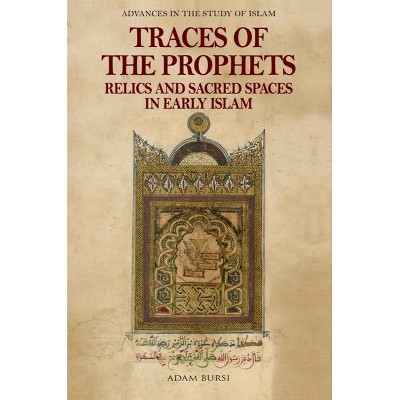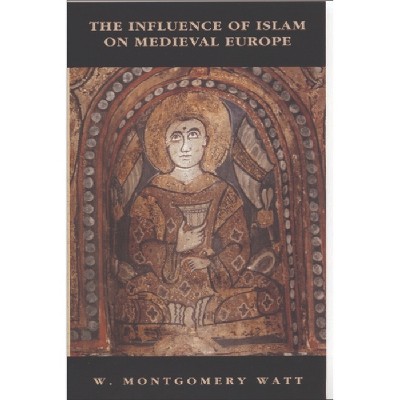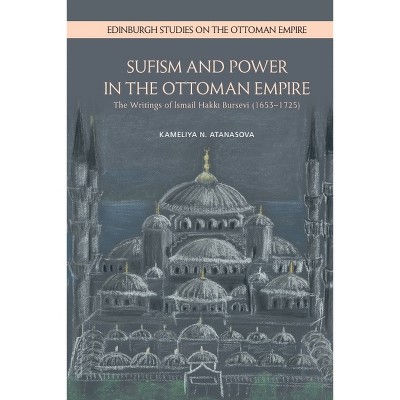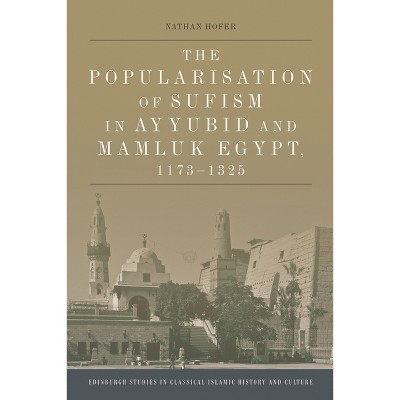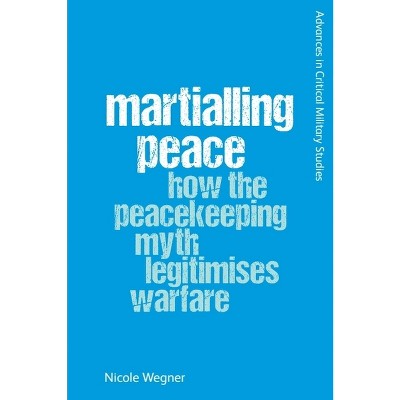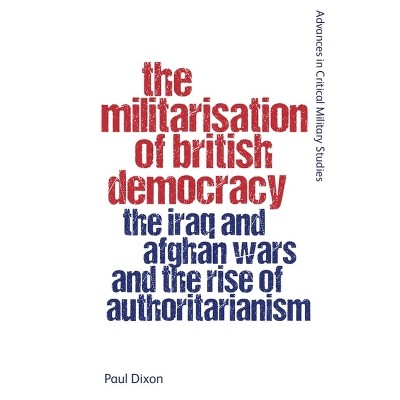Sufism in Europe - (Advances in the Study of Islam) by Francesco Piraino

About this item
Highlights
- Sufism, the spiritual, mystical and esoteric dimension of Islam, is experiencing a renewal in the 21st century.
- About the Author: Francesco Piraino is Research Associate at the Center for the Study of World Religions at Harvard Divinity School and the director of the Centre for Comparative Studies of Civilizations and Spiritualities at the Giorgio Cini Foundation in Venice.
- 392 Pages
- Religion + Beliefs, Islam
- Series Name: Advances in the Study of Islam
Description
About the Book
Examines the development of Sufism in Western Europe in the 21st CenturyBook Synopsis
Sufism, the spiritual, mystical and esoteric dimension of Islam, is experiencing a renewal in the 21st century. Charismatic Sufi masters have been able to revitalise their language, attracting new disciples and going beyond their cultural-geographic framework. This book describes the development of Sufism in Western Europe, particularly in France and Italy, through extended empirical research based on participant observation in four Sufi orders. The author illustrates the different forms of hybridisation between the Islamic-Sufi tradition and Western esoteric discourses, in particular the Guénonian-Traditionalist and the New Age discourse. These hybridisations often involve the creation of new doctrines, rituals and organizational structures, and produce different universalist discourses, which imply different Sufi politics in Europe, such as a lack of interest due to an imminent eschatology, civic engagement, and metapolitical elitism.Review Quotes
This book is the result of a PhD project and additional postdoctoral research in Italy and France. It stands out as an innovative and extensive exploration of European Islam in the context of modernization and individualization. This vast volume is based on extensive fieldwork among four Sufi brotherhoods using the dynamic relation between Sufism as mysticism and Sufism as discursive tradition as the main heuristic tool. Thus, the book does not only offer a sharper view on Sufism than previous authors, but it also contributes to the study of the social organization of charisma and spiritual experience. Although readers with a primary interest in sociology may sometimes get distracted by the wealth of entertaining field notes the book contains and may wish for an explication of the systematic composition of the book, we consider Sufism in Europe a superb early career book.--International Society for the Sociology of Religion
A vital contribution to the growing field of Sufism in the Global North...The historical depth of this study, and the layered ways that Sufism is part of European religious, spiritual, and cultural history should not be underestimated as an important contribution.--Merin Shobhana Xavier, Queen's University "Nova Religio"
Through closely observed case studies of four contemporary Sufi orders in Italy and France, Francesco Piraino reveals remarkable cross-fertilisations of ritual, doctrine and organisation. The resulting picture shows a lively Euro-Sufism shaped by the selective absorption of New Age and Western esoteric teachings no less than debates with secular humanists and Islamists.
--Nile Green, author of Sufism: A Global HistoryAbout the Author
Francesco Piraino is Research Associate at the Center for the Study of World Religions at Harvard Divinity School and the director of the Centre for Comparative Studies of Civilizations and Spiritualities at the Giorgio Cini Foundation in Venice. Piraino is a sociologist of religion, culture, and art. He obtained his PhD in Sociology in 2016 at the Scuola Normale Superiore (Florence) and the École des Hautes Études en Sciences Sociales (Paris) and was a Marie Sklodowska-Curie Research Fellow at KU Leuven. Piraino works on spirituality, esotericism, mysticism, and the relationship between art and religion. He has recently published Le soufisme en Europe: islam, ésotérisme et new age (Karthala, 2023) and edited Religious Dimensions of Conspiracy Theories Comparing and Connecting Old and New Trends (with Marco Pasi and Egil Asprem, Routledge 2022).






